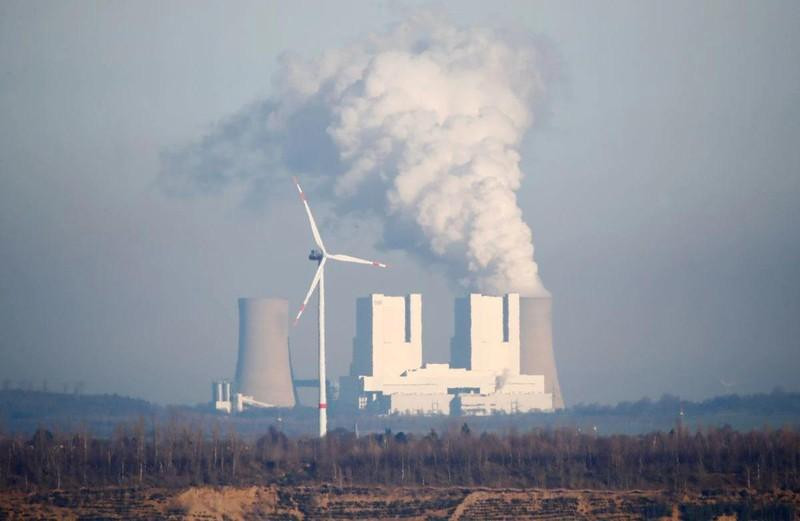The European Council announced on December 18, that the EU member states had reached a historic agreement on reforming the carbon market, which is considered a key policy tool of the bloc in the fight against climate change. Accordingly, the negotiators agreed to raise the emission reduction target of sectors in the EU Emissions Trading System to 62% by 2030. The EU will set up a social fund for climate action, to support the most vulnerable households and small businesses, in coping with the impact of the emission credit trading market.
A powerful step in the EU’s carbon market reform, this time showed that the member states agreed to implement The Carbon Border Adjustment Mechanism (CBAM), a proposed carbon tariff on carbon-intensive products, based on the intensity of greenhouse gas emissions in the production process. The purpose of this tariff is to protect the EU industry from the entry of cheap goods produced in countries with laxer environmental regulations. It is expected that EU member states will pilot CBAM from October 2023.
Initially, the carbon tax regime will be applied to imported goods such as steel, cement, fertilizer, aluminium, electricity and hydrogen, which are high carbon emissions sectors, accounting for 94% of EU industrial emissions. Importers will have to report the emissions contained in the goods, if these emissions exceed EU standards, they will have to purchase an emissions certificate at the current EU carbon price. The CBAM will also be applied to imported goods whose production processes indirectly release carbon into the environment.
To accelerate reforms to cut emissions, the EU requires about 10,000 power plants and industrial plants to purchase CO2 emissions permits. Once the carbon tax on imported goods is implemented, the EU will also cut back and set a roadmap to end the free CO2 emission permits, that were previously granted to intra-regional businesses, to increase the competitiveness of the EU against foreign companies.
Chair of the European Parliament’s Committee on the Environment, Public Health and Food Safety Pascal Canfin, emphasised that the EU is the first trading area in the world to levy a carbon tax on imported goods. The EU has been discussing this issue for more than 20 years and this is a historic climate agreement. European MP Mohammed Chahim also affirmed that the CBAM will be an important pillar of Europe's climate policies, encouraging trading partners to decarbonise the manufacturing sector.
However, experts estimate that taxing carbon will face many obstacles, especially in the context that the demand for fossil fuels is still high, along with the increasing trend of the global population and the growing demand for using energy to grow. The carbon tax can cause certain obstacles to economic activities because it will increase investment, production and business costs. Therefore, when countries implement a carbon tax to reduce the use of fossil fuels, they must simultaneously provide support and incentives for certain fields and industries, so as not to hinder development.
The EU carbon market reform deal still needs to be ratified by the European Parliament and the European Council. Environment Minister of the Czech Republic, which holds the rotating EU presidency, Marian Jurecka emphasised that the deal will allow the EU to meet climate targets in key areas of the economy while ensuring effective support for the most vulnerable workers and small businesses.
















